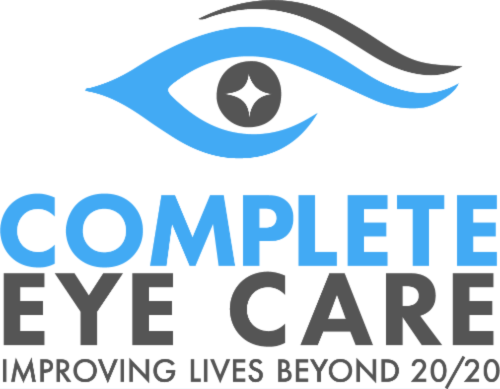 Here’s a weird but true fact: An estimated 1 in every 5 people sleeps with their eyes open! This happens as a result of a surprisingly common condition called nocturnal lagophthalmos.
Here’s a weird but true fact: An estimated 1 in every 5 people sleeps with their eyes open! This happens as a result of a surprisingly common condition called nocturnal lagophthalmos.
People with this condition aren’t able to close their eyes completely while sleeping. Instead, their eyes stay partially open, which can cause uncomfortable symptoms, including severe dry eye by the end of the night. A person with this condition may experience blurry or double vision and eye strain, eye infections, dry, red, itchy, or gritty-feeling eyes, and corneal damage from foreign objects that may get into their eyes while they sleep. But why does this happen?
Common Causes of Nocturnal Lagophthalmos
This condition often signals something larger going on in the body. Below, our Belmont eye care team has outlined a few common issues related to this condition.
Thyroid-Related Eye Problems
Your thyroid is responsible for regulating how quickly or slowly you metabolize the food you eat. Issues with the thyroid can cause problems throughout the body, including the eyes. Grave’s disease is a common condition affecting the thyroid, which can cause the eyes to slightly protrude from their sockets. If this happens, your eyes may not be able to close properly.
Problems with Muscles and Nerves in the Face
Injury, sickness, infection, or complications from surgery can sometimes cause the muscles around the eyes to be unable to fully close while you’re sleeping. Other factors that can affect the muscles and nerves of the face in this way include:
- Stroke
- Tumor
- Sleep apnea from conditions such as glaucoma
- Bell’s palsy, which causes temporary paralysis or weakness of facial muscles
Genetics
As with many diseases and conditions, nocturnal lagophthalmos can be passed down from parents to children.
Can Nocturnal Lagophthalmos Be Treated?
Depending on the underlying cause, there are a number of possible treatments to address the uncomfortable symptoms brought on by this condition. These include:
- Wearing a sleep mask or other comfortable eye covering while sleeping
- Putting on a humidifier in your room while you sleep
- Artificial tears or prescription eye drops
In extreme cases, your eye doctor may recommend surgery to fully address your condition.
Want to learn more about how we can help you deal with nocturnal lagophthalmos? Come visit our Belmont eye care team at Complete Eye Care, or give us a call at 704-825-9002 today!
